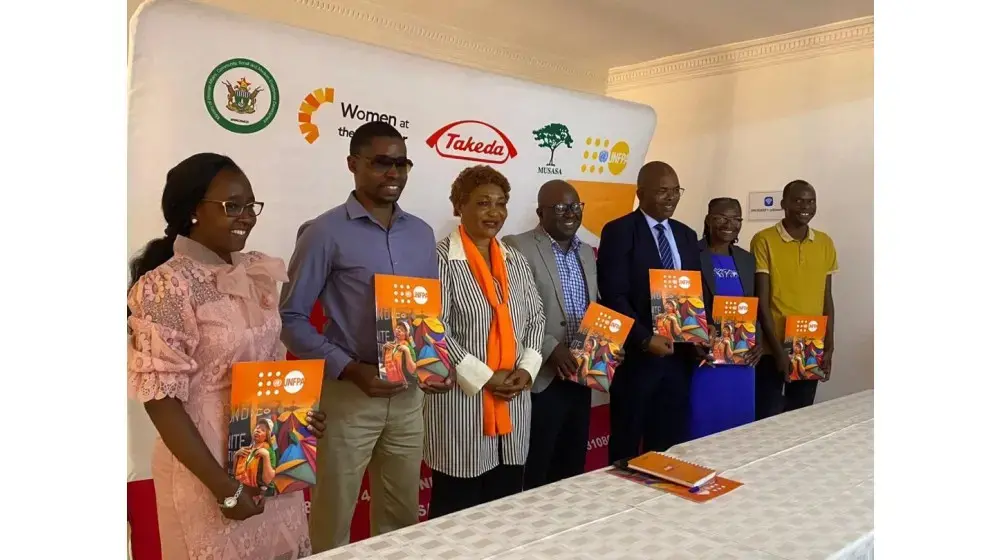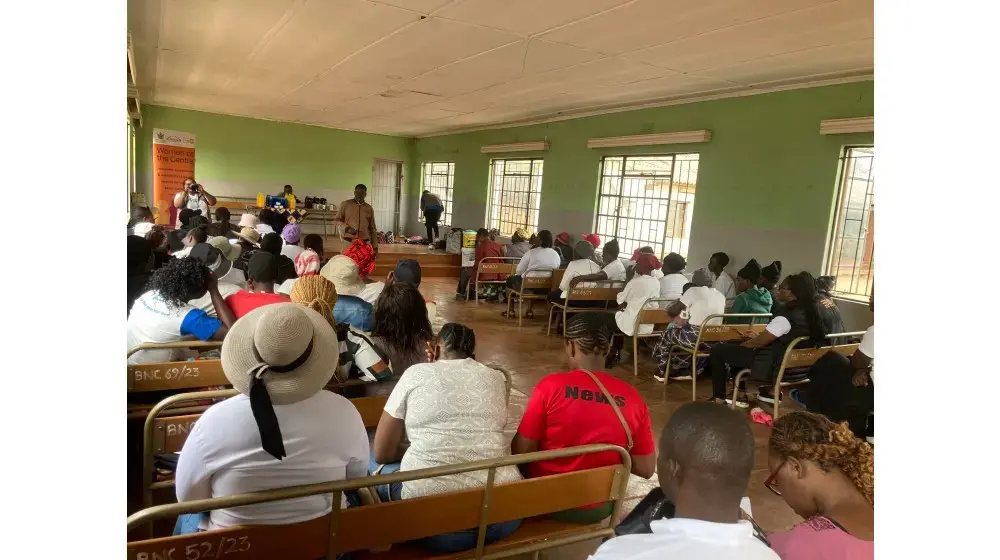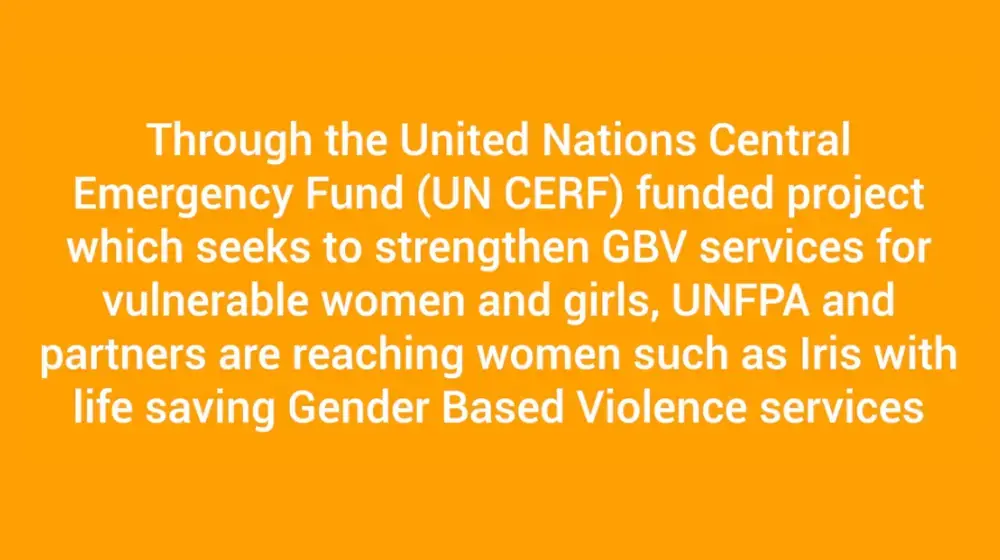Comprehensive Sexuality Education (CSE), an integral part of Zimbabwe’s Guidance and Counselling curriculum, covers the teaching of cognitive, emotional, physical and social aspects of sexuality. It enables children and young people to make informed decisions and to protect their health, well-being, rights and dignity. Prevention of GBV is an important component in the curriculum and children, especially girls, learn that they can say no to harmful practices such as child marriage
“Most of the learners do not know when their rights are being violated and when they experience Gender Based Violence (GBV). If children and young people are educated, they will be able to recognize abuse, seek help and they will not adopt this harmful culture when they are older,” explains one of the participants attending a 3 day teacher’s training in Makonde on Guidance and Counselling which took place under the Spotlight Initiative and with support of UNFPA.
Following the review of the school curriculum, content on Guidance and Counselling syllabus has been updated to strengthen Life skills, Comprehensive Sexuality, HIV/AIDS and GBV education in the Curriculum Framework 2015-2022.
Underpinned by the pan-African philosophy of Unhu/Ubuntu, the Guidance and Counselling curriculum also encompasses lessons on other life-skills such as environmental protection as well as educational and career guidance in order to equip the learners to become responsible, empowered, and successful young adults once they leave the protected school environment. Besides teaching in classrooms the soft skills are also enhanced during individual guidance and counselling sessions provided by teachers, empowering learners to be able to face and solve their own challenges through critical thinking, assertiveness, allowing them to make good and informed choices in an ever changing environment including during challenging times such as the Covid-19 pandemic.
While the Guidance and Counselling as a learning area has been actively promoted since the early 2000s, as part of the fight against HIV and AIDS, in reality, its full implementation at every school is still affected by a number of challenges. Some teachers don’t know how to talk to students about sensitive topics such as sexuality or menstrual hygiene.
The teachers in Makonde admit that not
It is therefore important for teachers and school heads to be equipped through teacher trainings to be able to adequately and confidently teach
Under the Spotlight Initiative, with support from UNFPA, 592 teachers and school heads were trained in CSE, within the broader Guidance and counselling package, in June in Makonde, Mutasa, Muzarabani and Umzingwane districts.

“This high number of teachers being trained is great. It means that I am not alone anymore in my school trying to implement Guidance and Counselling but I have colleagues and my headmaster who are also trained and can support me. Together we can do staff development at our schools and share the learnings and materials from this important training” says one of the secondary school teachers.
Another positive development is that Guidance and Counselling is now an examinable subject at Grade 7. This will be useful as the Grade 7 timetable is quite full and schools in the past have prioritised academic skills only, neglecting the much needed lifesaving soft skills taught in Guidance and Counselling.
Chief Director for Learner Welfare, Psychological Services and Special Needs Education, Kwadzani Nyanungo looks optimistically into the future and says that, “this is an exciting time in the evolution of the primary and secondary education sector as the Guidance and Counselling -Lifeskills Programme has been further strengthened through competence-based curriculum 2015-2022, the Zimbabwe School Health Policy, as the Education Amendment Act of 2020.”
“Through such training opportunities for our teachers, we can see great potential for the empowerment of all learners by ensuring that they acquire age-appropriate knowledge, attitudes, practices and skills and tools for real-life application of these learnings. The 21st century education focus is on ensuring that learners are fully prepared for survival and resilience to manage the many challenges life might bring to the learners including gender-based violence, under-aged marriages, teen parenting and poverty.”
This article was first published in the Spotlight Initiative bi-weekly newsletter.





